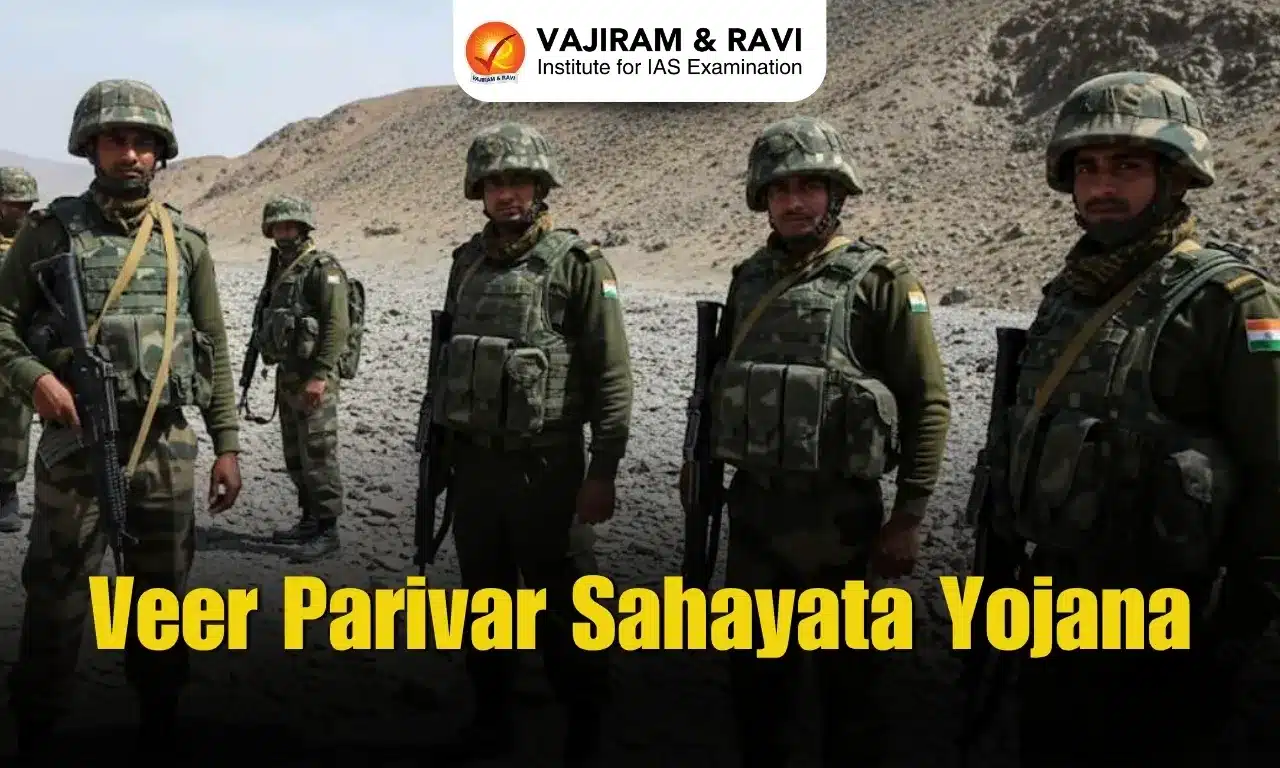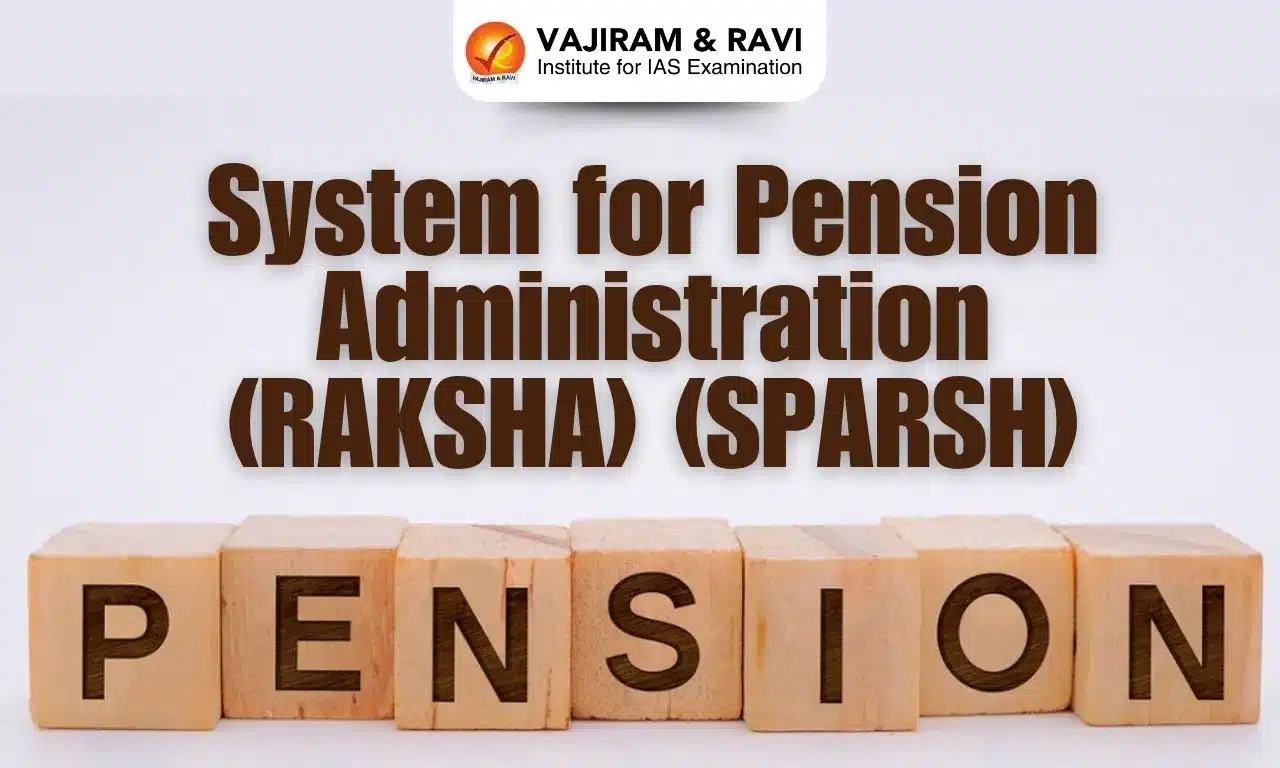About Section 153A of the IPC
- Section 153A of the IPC attempts to punish those who engage in promoting any kind of enmity among different groups on the basis of religion, caste, race, place of birth or residence, or even language.
- The provision puts a liability on those who
- Spread enmity in the form of words (spoken or written), visual representations, and signs with the intention of causing disharmony, hatred, or disturbance among people belonging to different groups, religions, castes, or communities.
- Spread disharmony and disturb the public tranquility of the people belonging to different racial and religious groups.
- Aid in the organising of certain movements, drills that encourage as well as train the participants of such movements to use criminal force and violence upon people belonging to other racial and religious groups and communities.
- Offence on moral turpitude is also covered in this section.
- The offence is a cognizable offence and the punishment for the same may extend to three years, or with fine, or with both.
- However, the punishment of the offence committed in a place of worship is enhanced up to five years and a fine.
- Further, the offence under Section 153A is non-bailable in nature, wherein the accused is tried by the magistrate of the first class.
Q1) What is a cognizable offence?
A Cognizable offense or case is defined as the one which an officer in-charge of a police station may investigate without the order of a magistrate and effect arrest without warrant. The Police have a direct responsibility to take immediate action on the receipt of a complaint or of credible information in such crimes, visit the scene of the crime, investigate the facts, apprehend the offender and arraign him before a Court of law having jurisdiction over the matter.
Last updated on July, 2025
→ UPSC Notification 2025 was released on 22nd January 2025.
→ UPSC Prelims Result 2025 is out now for the CSE held on 25 May 2025.
→ UPSC Prelims Question Paper 2025 and Unofficial Prelims Answer Key 2025 are available now.
→ UPSC Calendar 2026 is released on 15th May, 2025.
→ The UPSC Vacancy 2025 were released 1129, out of which 979 were for UPSC CSE and remaining 150 are for UPSC IFoS.
→ UPSC Mains 2025 will be conducted on 22nd August 2025.
→ UPSC Prelims 2026 will be conducted on 24th May, 2026 & UPSC Mains 2026 will be conducted on 21st August 2026.
→ The UPSC Selection Process is of 3 stages-Prelims, Mains and Interview.
→ UPSC Result 2024 is released with latest UPSC Marksheet 2024. Check Now!
→ UPSC Toppers List 2024 is released now. Shakti Dubey is UPSC AIR 1 2024 Topper.
→ Also check Best IAS Coaching in Delhi















